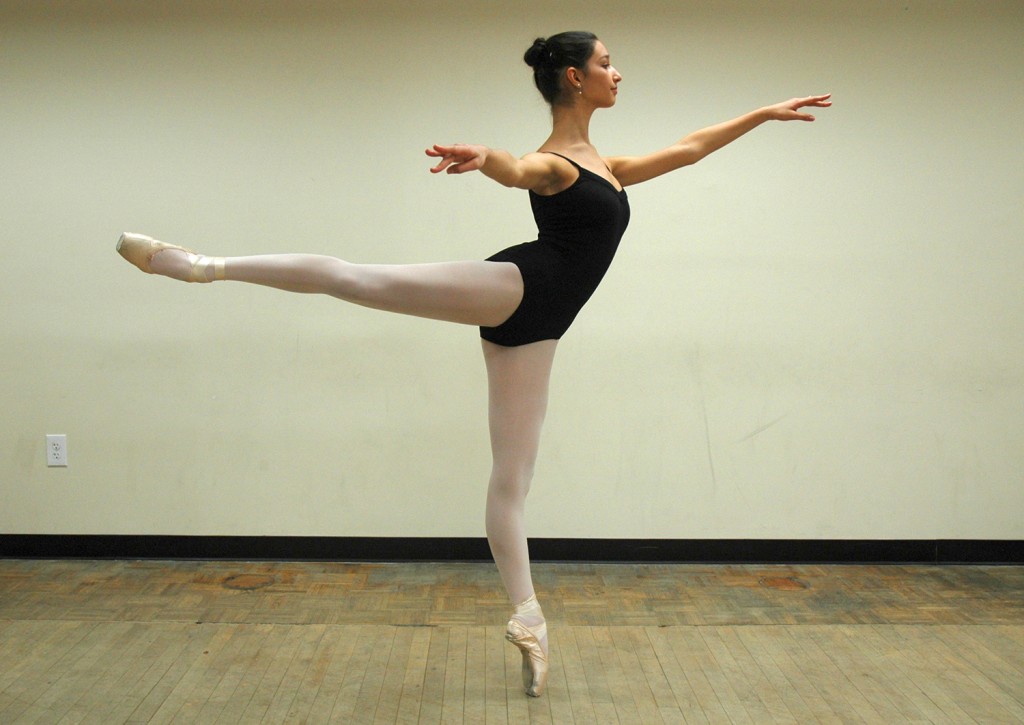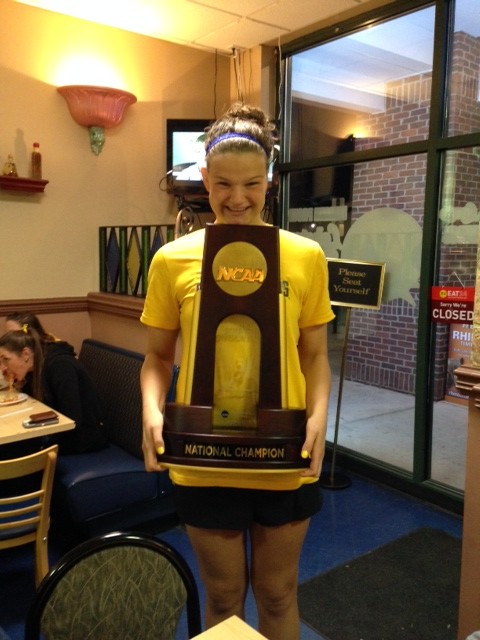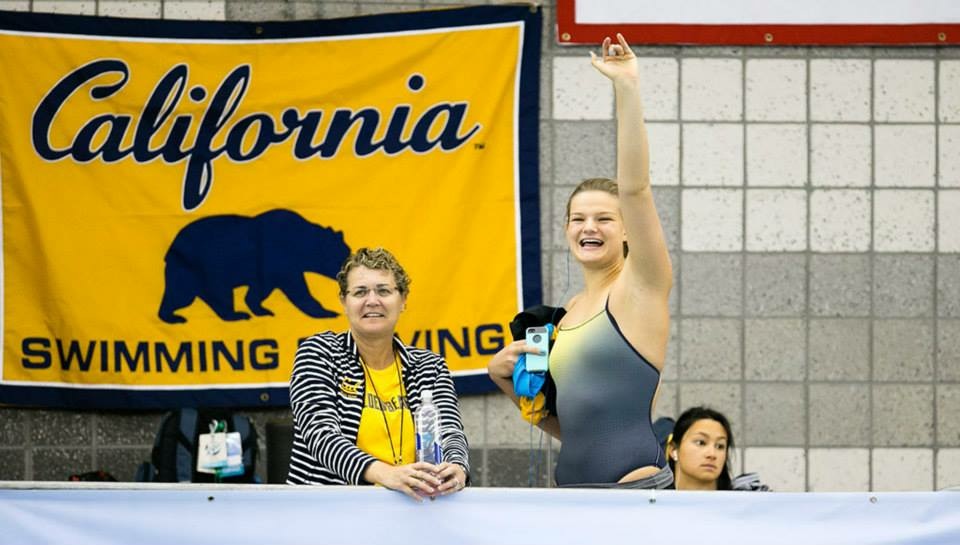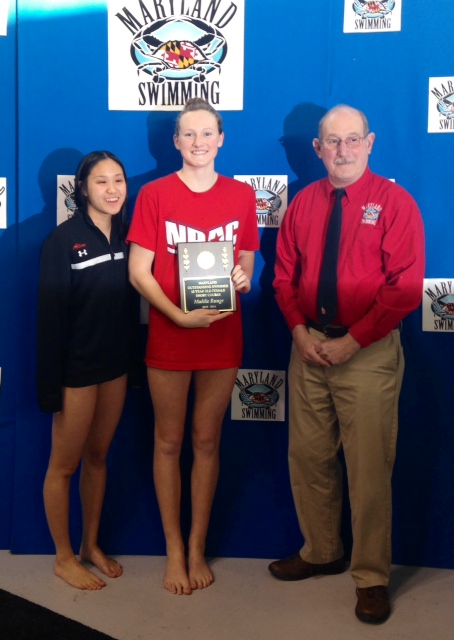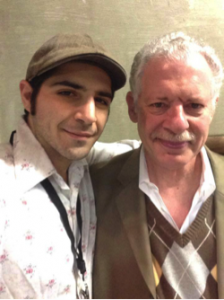My name is Brendan and I am a student at 21st Century Cyber Charter School. I am from Effort, Pennsylvania. I moved to Effort between my first and second year in Cyber School so it was nice not having to change schools and teachers.~ I wanted to let you know why I choose Cyber School. My previous school district failed to provide me an appropriate school environment and quality education. My parents worked with the teachers and school system for a number of years to find the right solution, but the school system could not make things right.
I would like to give you a little background about myself. I was born 3 months premature and had developmental delays. I am on the Autism spectrum and sometimes my mannerisms or words had hurt others when I was younger. I did not always understand that what I said could be hurtful. I also have a Tic disorder which gets worse when I am nervous, frustrated, or excited. I don’t even realize I’m doing it. This made me a target for other kids to bully me. I also Stim when I’m overstimulated which caused a huge problem in school. The teachers didn’t like me touching my hair constantly (even though I was listening to them).
Because of my developmental delays I started out in preschool with early intervention which was in the same elementary school that I ended up attending all through 5th grade. I enjoyed going to school every single day even though things did not go very well. I had difficulties academically and socially. I was put into part time learning support but was main streamed for most classes. Full-Time learning support was not an option for me inside the school. I would had to be transferred to a different school which was for lower functioning children. Everyone in my educational team thought this would not be the best option for me.
My educational team agreed that I needed my own student aide. My parents were excited that the school district was able to provide this for me, however, my first student aide could not understand my needs and challenges. I frequently was told that my actions were “bad” or that I did not do “the right thing”. Nothing was modeled to me as to what I should have said or done. This left me frustrated and upset much of the time because I did not know what I had done wrong.
I watched my parents get upset every day. They always called the school or wrote multiple notes. In the schools eyes I was a problem child. At one point I had a meltdown in the classroom. I crawled under the table and refused to come out. The teacher tried to pry me out and I got up and threw a chair. I was taken to the principal’s office. I was unable to tell them what got me upset and I was suspended for my behavior.
Things got worse in middle school. Kids continued to bully me. I was being taunted in the school bus and in the school. Academics was not any better. I was provided a different student aide who became very frustrated with me. She would often do some of the school work for me when I was running behind. My educational team worked with my parents to come up with the right solution for me, however, nothing seemed to work. This is when my parents decided to research cyber schooling.
My parents and I spoke to a number of cyber schools before deciding on 21st century cyber charter school.~ My first school year online was tough but it was nothing like the frustrations I experienced in my previous school district. Other kids I speak with online and at school events are friendly. I have not had to deal with any bullying which has given me a much better attitude towards school. My previous schooling had left me with very little positive study skills.~ My learning coach and teachers in my new school provide me personalized attention. They worked very hard to put me in the best possible position to succeed.~ I am now in 10th grade and in my 3rd year in cyber school.
I receive the one on one attention that is helping me succeed. If funding to cyber schools is cut I am afraid that I may not receive the individual support that I have received up to this point.~ Because of the wonderful education I receive at 21st century cyber charter school I am now reading at my own grade level. My previous school district told my parents that I would not exceed beyond a 6 grade reading level.~ I am very thankful for everyone who works with me.~ I do not believe I will get the same level of attention if funding is cut.
I could not imagine what my life would have been like now if I continued in my previous school district. Cyber schools provide kids who have been failed by their local public schools another option. Please understand that cutting funding to cyber charter schools will hurt those children who have been failed by their local school district.



